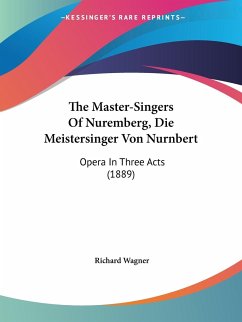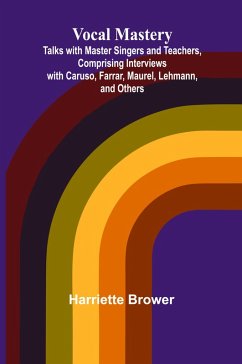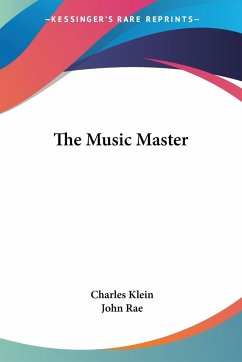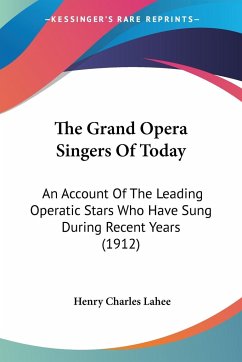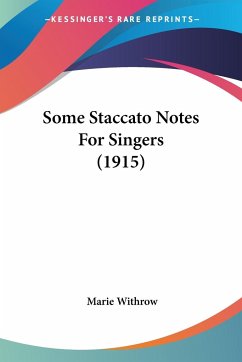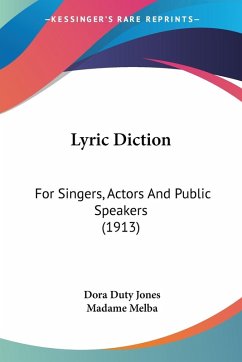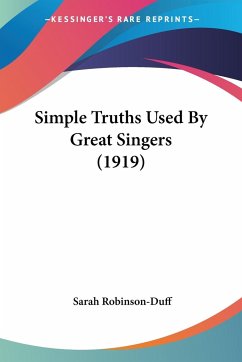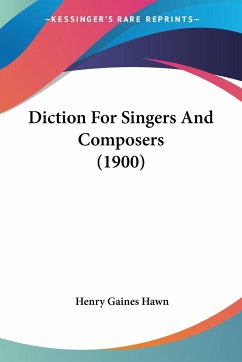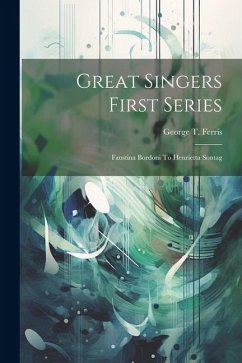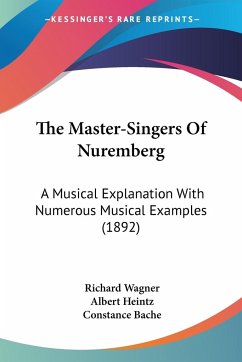
The Master-Singers Of Nuremberg
A Musical Explanation With Numerous Musical Examples (1892)
Versandkostenfrei!
Versandfertig in 1-2 Wochen
20,99 €
inkl. MwSt.

PAYBACK Punkte
10 °P sammeln!
The Master-Singers of Nuremberg is a book written by Richard Wagner in 1892. It is a musical explanation of his opera of the same name, which tells the story of a singing contest in Nuremberg. The book includes numerous musical examples to help readers understand the complex themes and motifs of the opera. Wagner, a renowned composer and conductor, wrote the book in his signature style, blending history, mythology, and philosophy with music. The Master-Singers of Nuremberg is considered one of Wagner's greatest works and an important contribution to the development of music theory and opera. T...
The Master-Singers of Nuremberg is a book written by Richard Wagner in 1892. It is a musical explanation of his opera of the same name, which tells the story of a singing contest in Nuremberg. The book includes numerous musical examples to help readers understand the complex themes and motifs of the opera. Wagner, a renowned composer and conductor, wrote the book in his signature style, blending history, mythology, and philosophy with music. The Master-Singers of Nuremberg is considered one of Wagner's greatest works and an important contribution to the development of music theory and opera. The book is a must-read for music lovers and scholars interested in the history and evolution of classical music.This scarce antiquarian book is a facsimile reprint of the old original and may contain some imperfections such as library marks and notations. Because we believe this work is culturally important, we have made it available as part of our commitment for protecting, preserving, and promoting the world's literature in affordable, high quality, modern editions, that are true to their original work.



